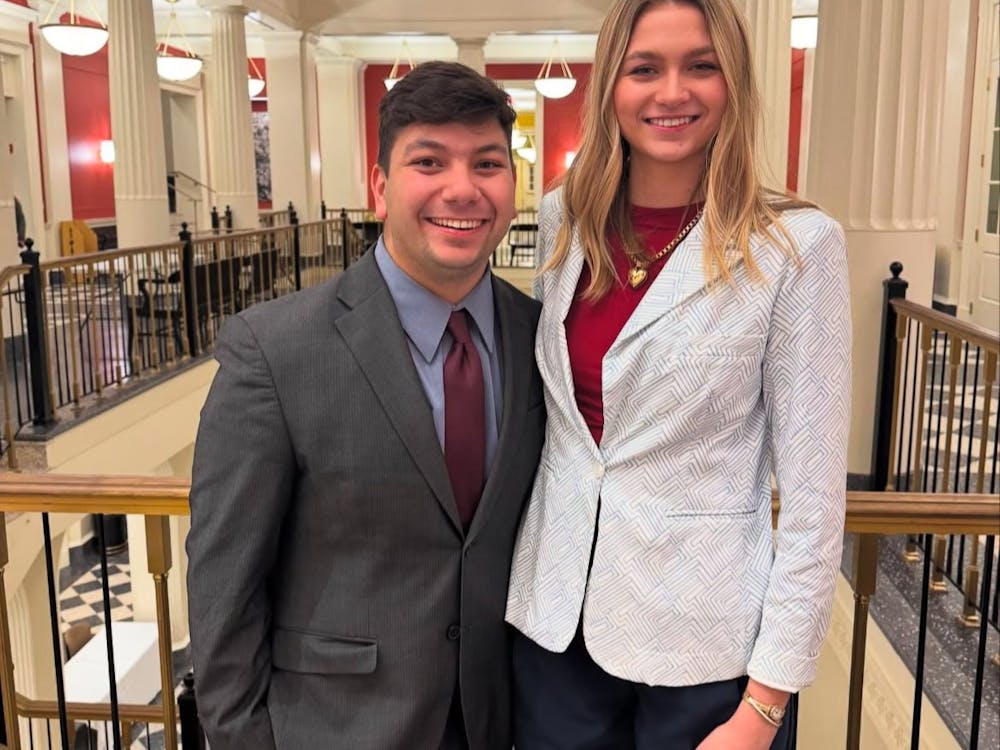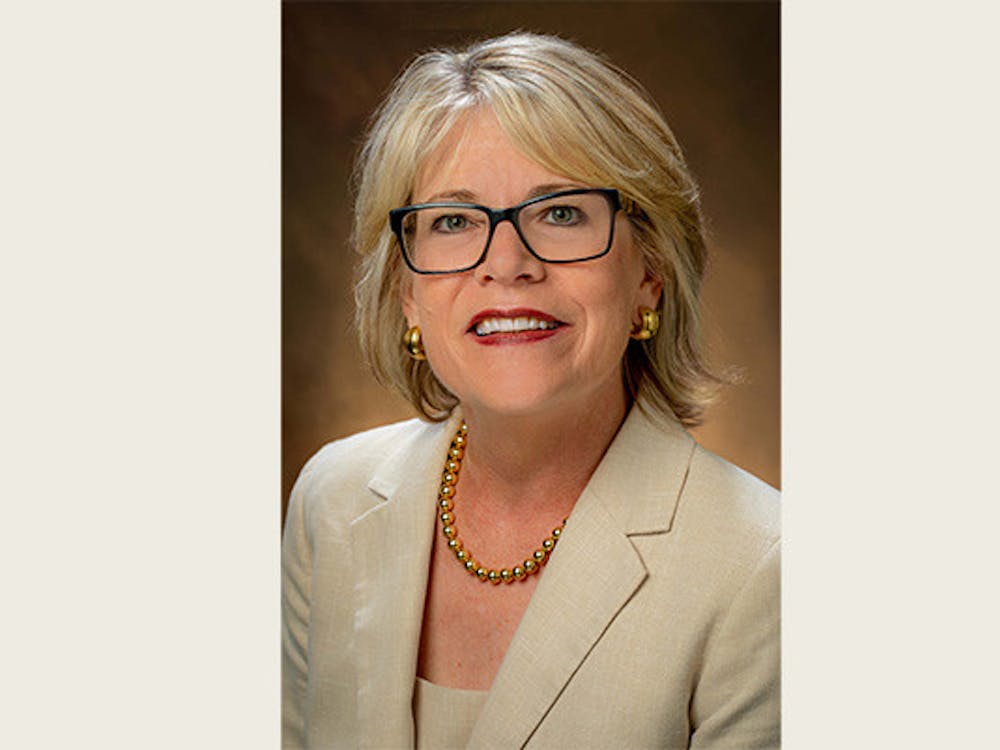Students will now officially not be assumed responsible when they are brought into disciplinary hearings, according to an addition to the Miami student handbook pushed forward by ASG's governmental relations committee.
This move is designed to give students confidence in the disciplinary process (including OESCR hearings and Student Court hearings), not to overhaul the system.
"I actually don't think that it will change the process itself," vice president for student affairs Jayne Brownell said. "It was already there. We train all of our officers and panels not to walk in the door with the assumption of responsibility. But if students haven't been seeing that...[the change] can only be a good thing."
Any actual changes to the proceedings would be difficult. FERPA (The Family Educational Rights and Privacy Act) protects student privacy in disciplinary hearings, so there is little opportunity for auditing the process, according to former ASG secretary of governmental relations Austin Worrell.
But in Worrell's eyes, the change will be big for students, especially those who believe that they're being treated unjustly by OESCR or Student Court.
"If we can codify this, this is a starting point where students will see that they're being treated fairly, and it holds administrators to a code that says, 'this is how you have to do it,'" Worrell said.
The addition to the student handbook was carefully researched by Worrell and the ASG governmental relations committee. They found several schools with a code similar to what they were proposing: the University of California Berkeley, Washington University, Boston College and the University of Toledo. They also found that students who believe they are being treated fairly are more likely to follow student codes of conduct, according to the Kansas Law Review.
So with that knowledge, they drafted a bill, recommending an addition to the student handbook.
It was approved by the ASG governmental relations committee and the ASG senate. It was brought to the student affairs council, but tabled because of legal uncertainty. University general counsel Robin Parker modified the wording, and Worrell brought the bill back to SAC on April 26, where it passed unanimously.
The new wording comes from the university's title IX protocol for sexual and interpersonal misconduct. It does not use the phrase "presumption of innocence" and avoids the words "guilty" and "innocent."
Brownell says it's very intentional. A "presumption of innocence" has a very specific legal meaning, she says. Student disciplinary hearings are not legal proceedings.
The purpose is the same, however: students will not enter their disciplinary hearings with the assumption that they are guilty.
Enjoy what you're reading?
Signup for our newsletter
This isn't the first time students have had input into student codes. Brownell said that students helped to write the title IX codes, too.
And, according to Worrell, this won't be the last time that students take an active role in shaping the school's policy. ASG and other student advocacy groups will continue to push for fairness in the disciplinary system.
"It's the beginning of a process where we keep holding our university to a higher standard," he said.



